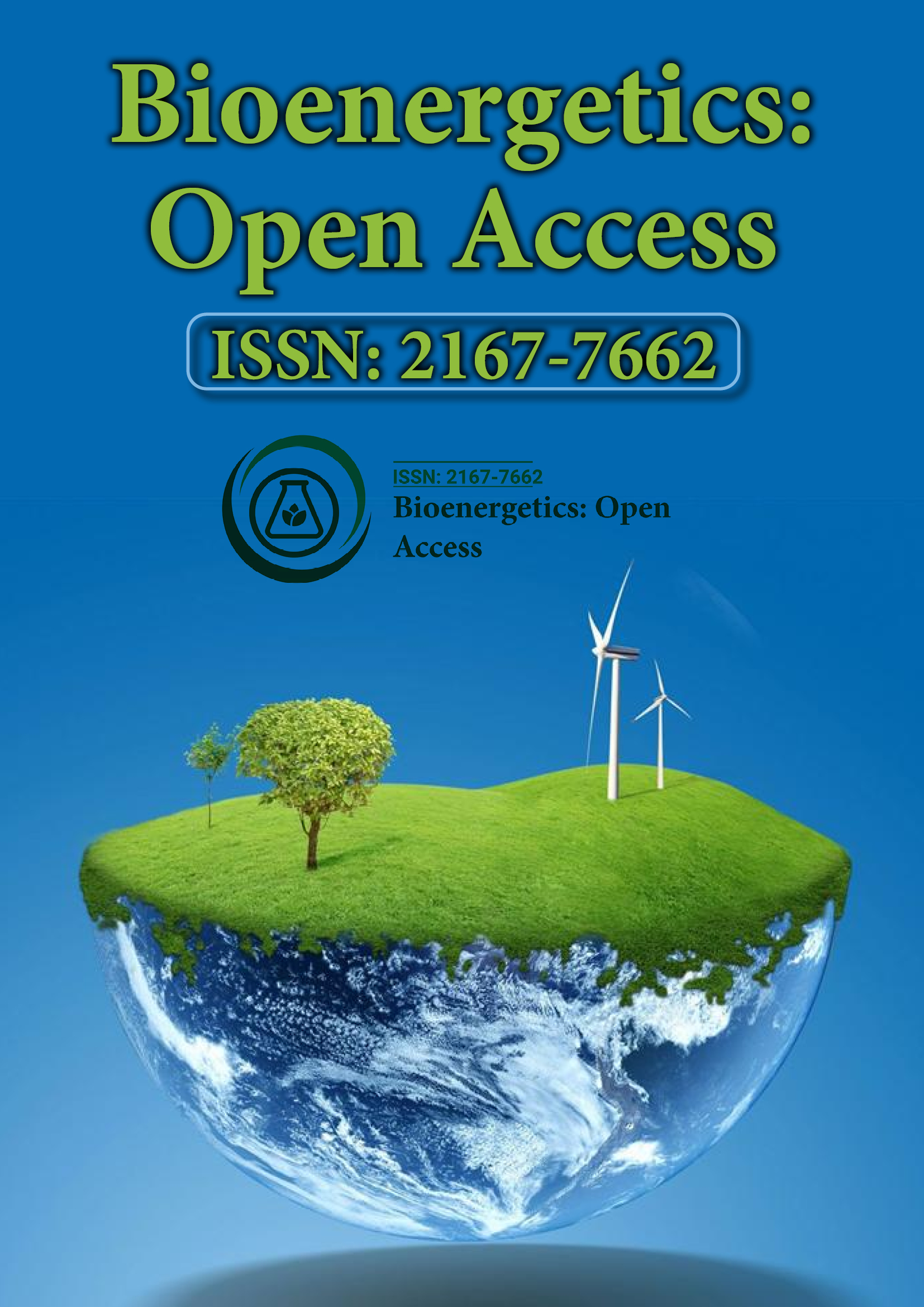インデックス付き
- Jゲートを開く
- Genamics JournalSeek
- アカデミックキー
- 研究聖書
- レフシーク
- 研究ジャーナル索引作成ディレクトリ (DRJI)
- ハムダード大学
- エブスコ アリゾナ州
- OCLC-WorldCat
- 学者の舵取り
- パブロン
- ユーロパブ
- Google スカラー
このページをシェアする
ジャーナルチラシ

概要
従来廃棄されていた熱の再生回収によるランキンサイクル効率の向上_rev2
ヨハン・エンスリン
ランキンサイクルタービンから蒸気を抽出し、一連の給水ヒーターで高圧ボイラー水を加熱することは、サイクルの熱力学的効率を高めるための一般的な方法です。このようにして再生サイクルが形成され、世界中の電力会社で使用されている最新の発電ランキンサイクルのほとんどの基礎を形成しています。吸収熱変成器 (AHT) の原理を利用することで、熱駆動ハイブリッドヒートポンプが最近開発され、これらのヒートポンプを使用してランキンコンデンサーから排出される熱を回収し、給水加熱に必要なエネルギーを提供することが可能になりました。これにより、ボイラーに熱を追加することなく、(従来使用されていた) 抽出蒸気から追加の電力を生成できます。したがって、サイクル効率が向上します。AHT ハイブリッド熱変成器タイプのヒートポンプは、一部の低温ランキンサイクルでボイラーの蒸発温度よりも高い温度を生成する可能性があるため、コンデンサーの排出熱の大部分を回収してサイクルで再生的に再利用できる可能性があります。この再生の強化により、REHOS パワー サイクルによって達成される極めて高い熱力学的効率が生まれます。これらの溶解熱 (HOS) 熱変換器は、使用されるバイナリ メディア混合物の臨界温度と圧力パラメータに応じて、限られた温度範囲内でのみ使用できます。たとえば、NH3-in-Aqua は -30°C から +140°C の間でのみ実用的であるため、地熱発電などに使用される ORC システムに最適です。
免責事項: この要約は人工知能ツールを使用して翻訳されており、まだレビューまたは確認されていません